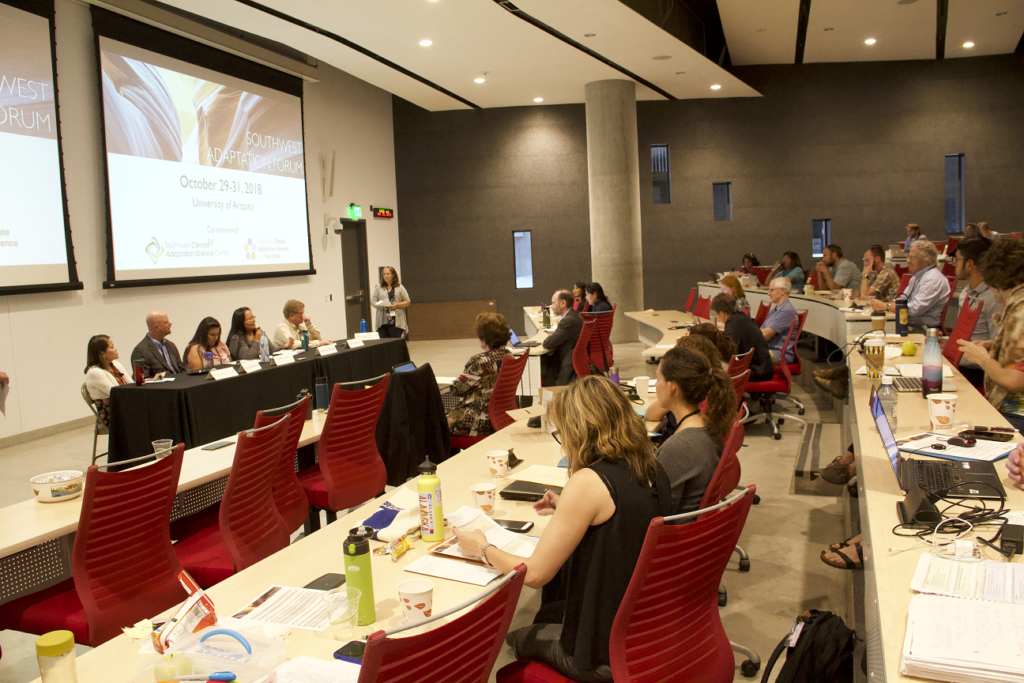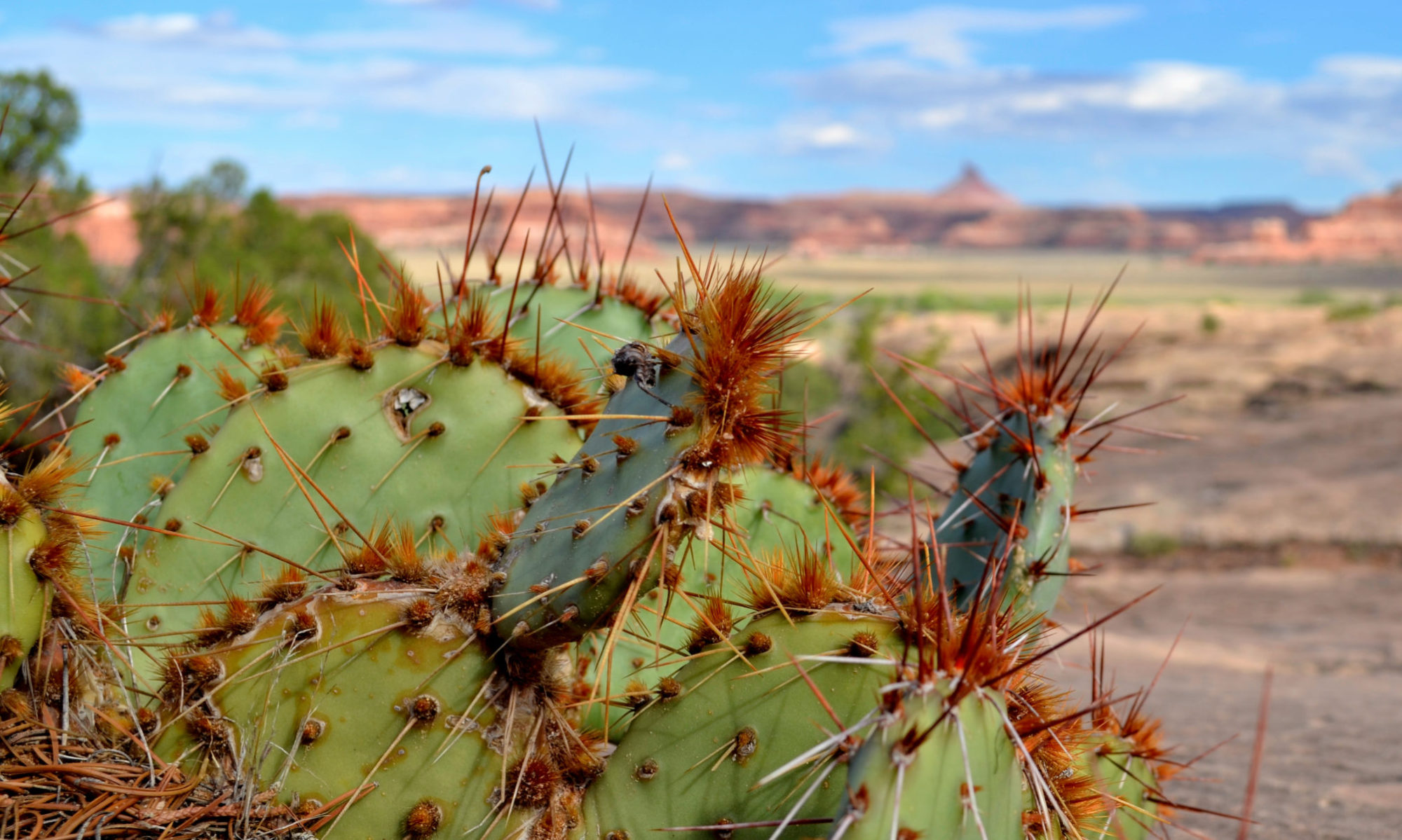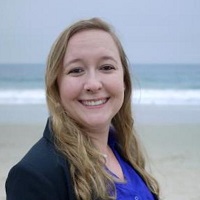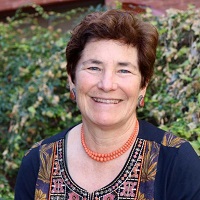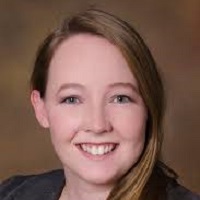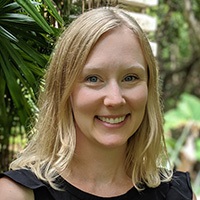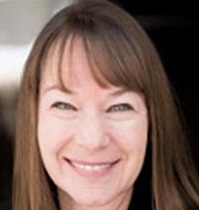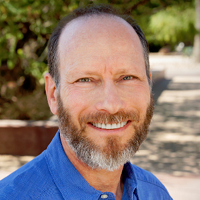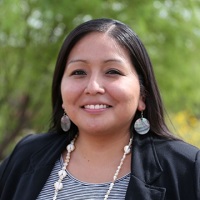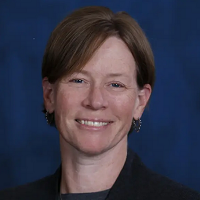
Origins of SPAN and Current Work
The concept for SPAN was developed at the inaugural Southwest Adaptation Forum (SWAF), which was co-convened by the Center for Climate Adaptation Science and Solutions (CCASS) and the Southwest Climate Adaptation Science Center (SW CASC) at the University of Arizona in Tucson in the Fall of 2018. Around 100 adaptation and assessment practitioners from around the US Southwest region gathered at SWAF to discuss lessons learned and best practices around five main adaptation theme areas: tribal adaptation and resilience, working and public lands, the wildland urban interface, built environment, and public health. This workshop was held in association with the National Adaptation Forum and the American Society of Adaptation Professionals (ASAP).
In 2019, ASAP released a synthesis report on all of the regional adaptation fora that occurred in 2018, including SWAF, which is titled Advancing the Adaptation Field Through Regional Conferences: Reflections on the 2018 Regional Adaptation Fora. SWAF participants identified the need for a network in the Southwest to serve as a connector and facilitator and to fill knowledge gaps. SPAN has now been created through a cooperative agreement between CCASS and the US Geological Survey (USGS) to serve these needs, and we are working to expand the network through a member hub and network visualization tool with support from the ASAP Hubs Microgrant program.
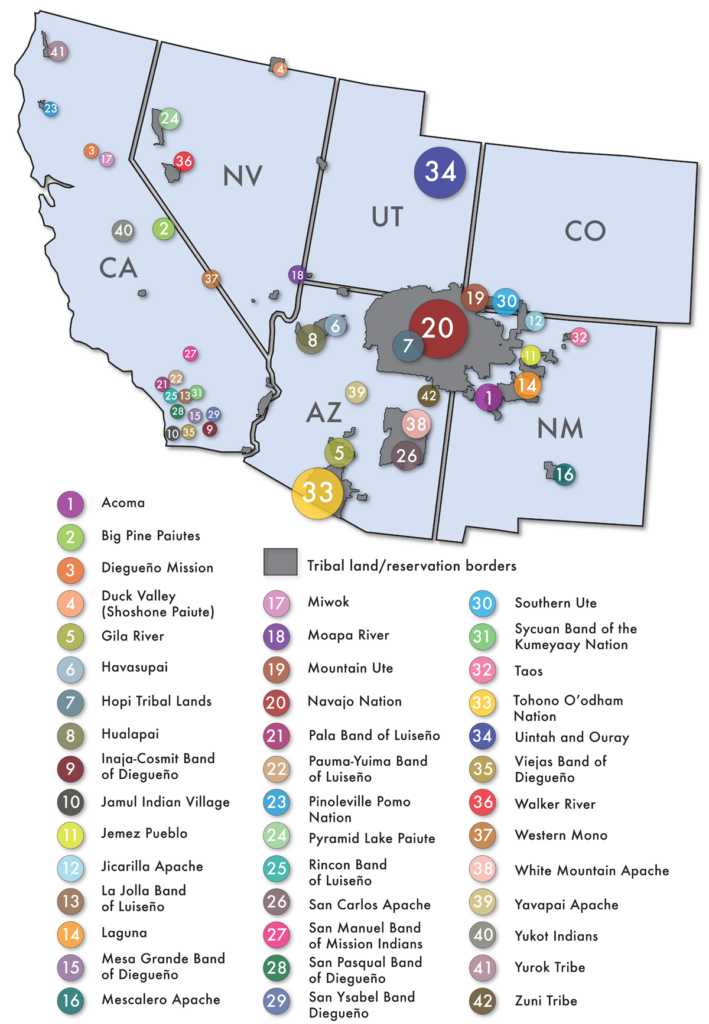
Vision
A network of networks that builds capacity to develop actionable adaptation solutions and SPANs the boundary between climate adaptation and assessment practitioners through facilitated conversations and strengthened partnerships in the US Southwest.
Mission
To virtually and physically gather climate adaptation and assessment practitioners in the Southwest to exchange experiences and best practices from their work and build a network dedicated to finding and implementing integrated, equitable, and community-based adaptation solutions.
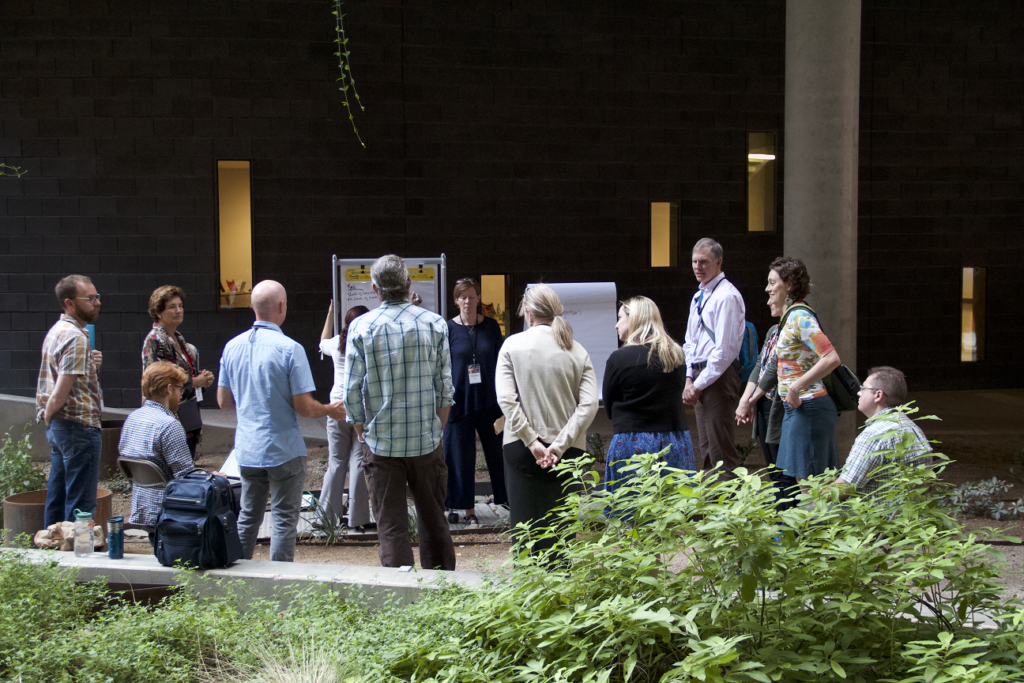
The SPAN Approach

Staff and Advisory Team
The SPAN Advisory Team plays an integral role in the development and decision-making aspects of SPAN.
SPAN Core Project Leads
Amanda Leinberger
Center for Climate Adaptation Science and Solutions, University of Arizona (point-of-contact)
SPAN Advisory Team Members
Gregg Garfin
Southwest Climate Adaptation Science Center, School of Natural Resources and the Environment, & Arizona Institutes for Resilience, University of Arizona
Ladd Keith
College of Architecture, Planning, and Landscape Architecture, University of Arizona
Althea Walker
Southwest Climate Adaptation Science Center, American Indian Higher Education Consortium
How You Can Get Involved
Learn more about membership or become a member.
